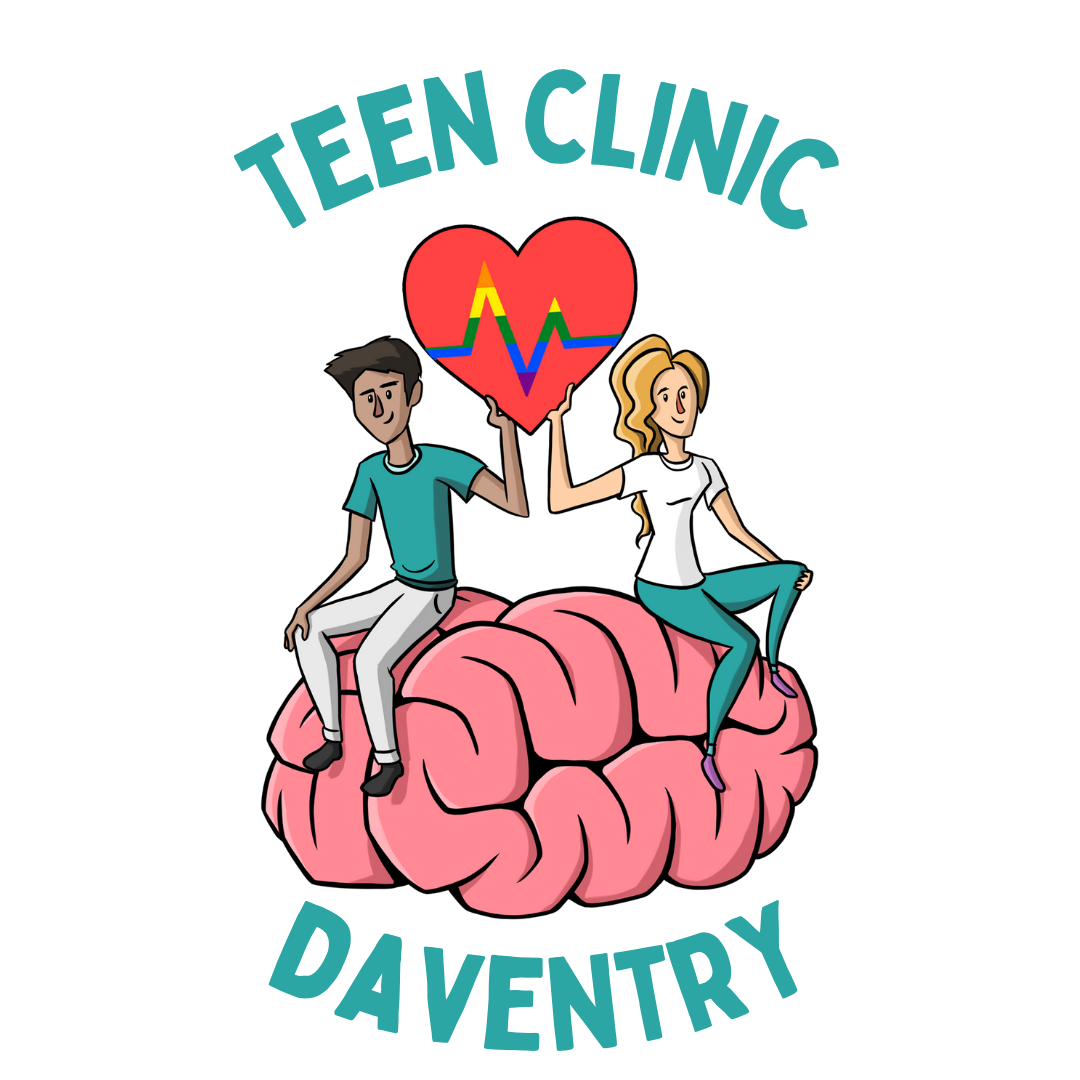Play
Play is “an activity engaged in for enjoyment and recreation rather than a serious or practical purpose”.
It’s an important part of our development as children and continues to have lots of benefits for our wellbeing as we grow and move into adulthood. It’s a broad concept that can include lots of different activities that we enjoy during our day to day lives. Play can include:
Sport and active games, whether casually (a kick-about with mates at the park) or as part of a team (either at school or in your own time).
Video games, either on a console, computer or mobile device. Playing solo or with friends on multiplayer games.
Board games, including role playing games that are enjoyed as a party, like Dungeons & Dragons.
Creative play, including art and crafts.
Performance like drama, dance or playing an instrument.
Constructive play, like building LEGO or model kits.
The Benefits of Play
Play has lots of benefits for our mental and physical wellbeing, including:
Staying fit and healthy through sport and being active.
Strengthening relationships with friends, family and team mates by playing together.
Relieving stress by having fun, which releases endorphins that promote feelings of wellbeing.
Building confidence through solving problems, practising skills and challenging yourself.
Developing life skills like team work, communication and compromise.
Improving brain function and preventing memory problems by challenging your brain with games like chess.
Stimulating creativity and encouraging problem-solving and adaptability.
We often think of play as something for children, however there are life-long benefits to making time for play in our lives. Play can boost our energy and vitality and make more challenging experiences easier to manage – whatever our age.
“We don’t stop playing because we grow old; we grow old because we stop playing.” George Bernard Shaw

